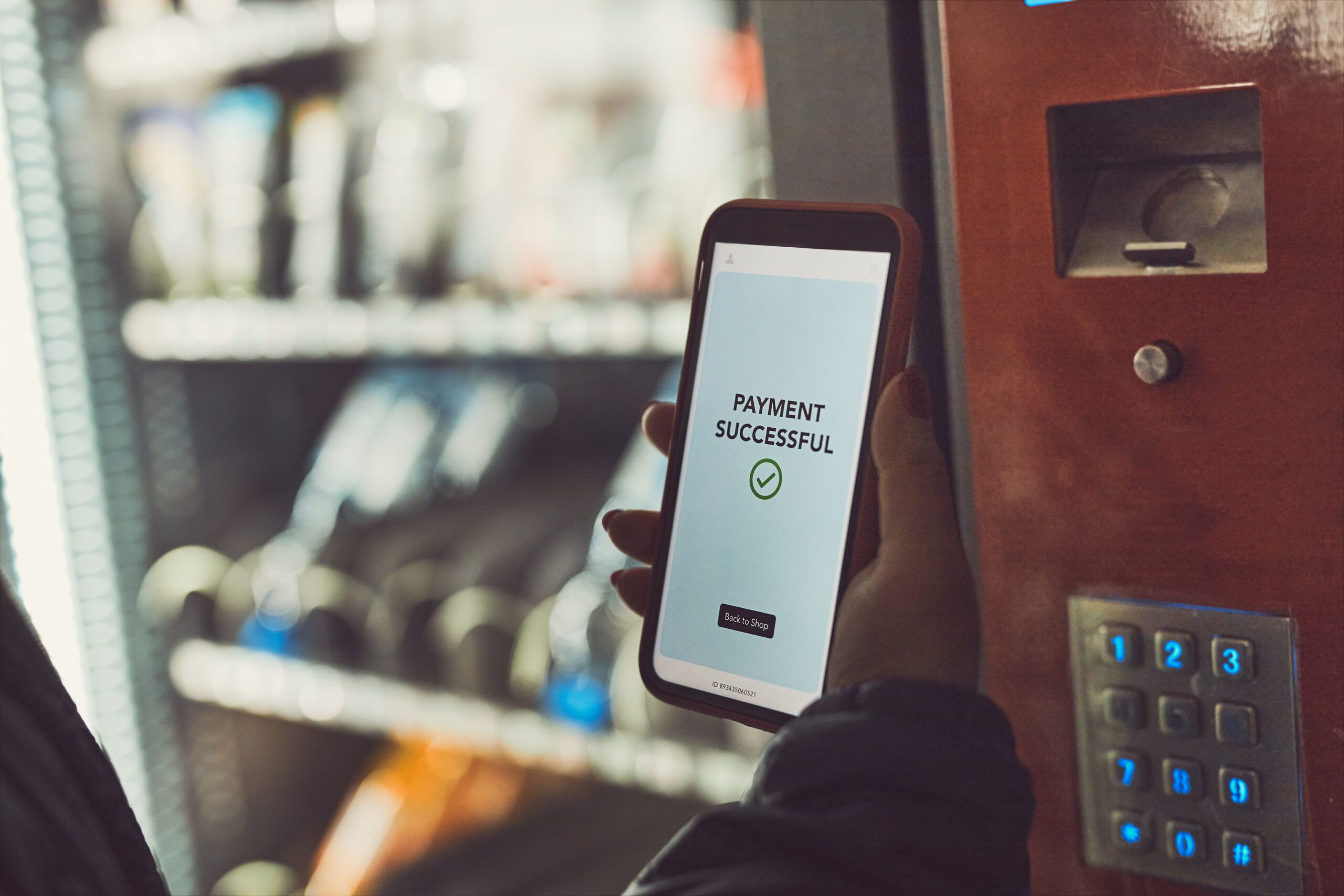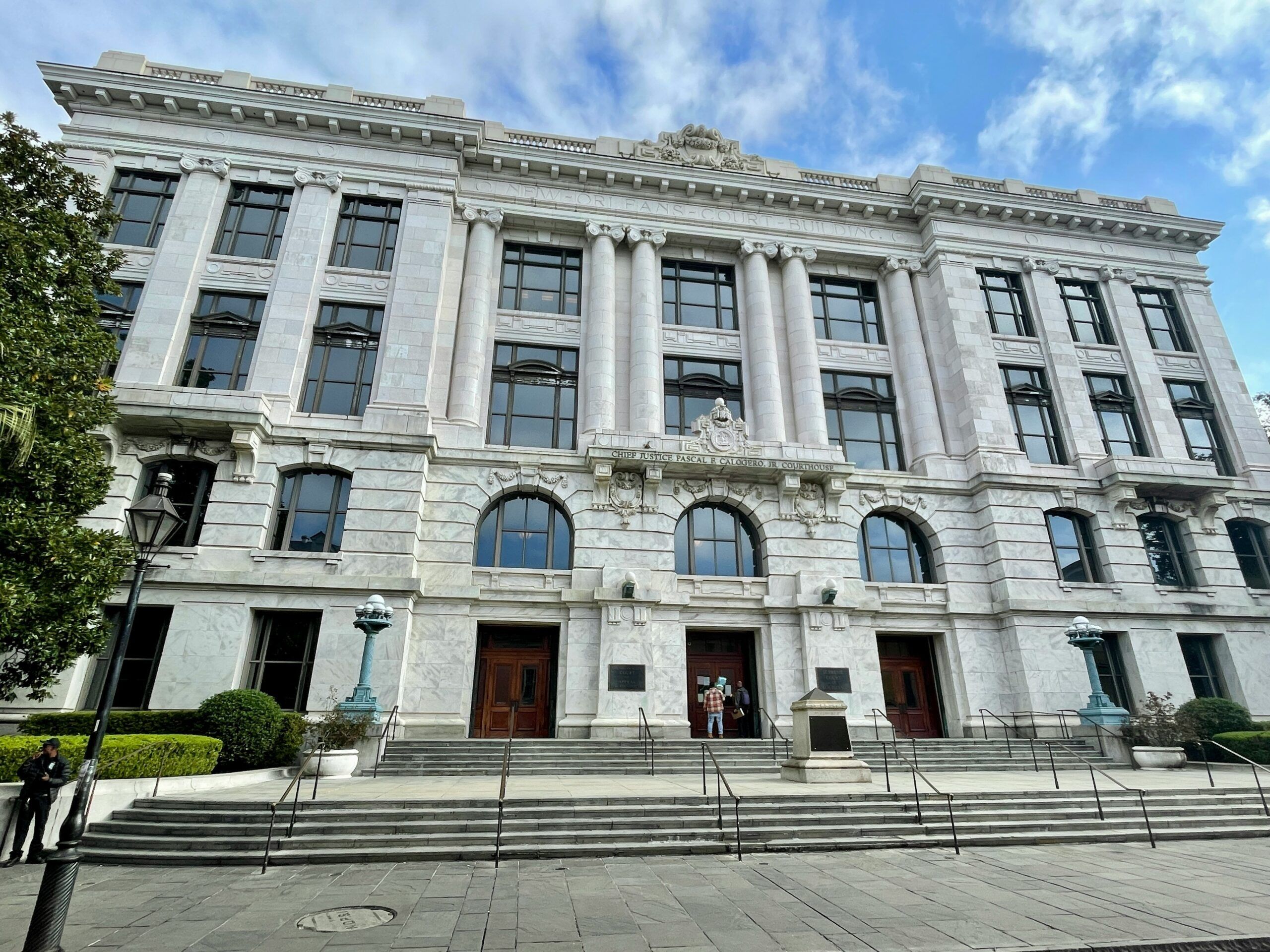New Authority: North Carolina Formal Opinion 2023-3
Author: Professor Michael H. Hoeflich, PhD, Editor-in-Chief
Legal Editor: Carrie E. Parker; Design & Publishing Editor: Matthew T. Stephens
This article is featured in Volume 5, Number 11 of the Legal Ethics and Malpractice Reporter, published November 30, 2024.
On July 14, 2024, the North Carolina Bar Association issued Formal 2023-3, which, while rather narrow in focus, does open up interesting possibilities for law office management. The question presented dealt with a lawyer’s interest in installing a self-service vending machine in his office for the use of clients. The lawyer specialized in DUI cases, and the vending machine offered ignition locks for sale. This proposed arrangement raised four ethical questions:
- May Lawyer permit Company to rent space in Lawyer’s law office and install the ignition lock self-service kiosk for Lawyer’s clients to use?
- May Lawyer recommend Company to his clients for ignition lock services via the kiosk if Lawyer does not receive a rental fee from Company for the kiosk?
- May Lawyer receive a referral fee from Company for each client that signs up for Company’s services via the kiosk in Lawyer’s office?
- May Lawyer participate in Company’s efforts to market their product, which includes listing Lawyer’s name and contact information in the Company’s list of providers or affiliates?
To the first question, as to whether the lawyer could be paid a rental fee by the vending machine company, North Carolina replied that a lawyer could not because such a fee would provide a financial “windfall” to the lawyer—thereby giving the lawyer an incentive to recommend the machine’s product to his clients. That would create a non-consentable conflict of interest pursuant to Rules 1.7(a)(2) and 1.7(b). The Opinion later quotes an earlier North Carolina opinion about whether a lawyer may refer clients to an investment advisor:
A lawyer must exercise independent professional judgment on behalf of a client when referring a client to a third party for services related to the subject matter of the legal representation. See Rule 1.7(b). If a lawyer will receive a referral fee from the third party, the lawyer’s professional judgment in making the referral is or may be impaired. Written disclosure to the client will not neutralize the potential for the lawyer’s self-interest to impair his or her judgment. Other ethics opinions are consistent with this holding. CPR 241 rules that a lawyer who sells insurance should not sell insurance to clients for whom he has done estate planning. Similarly, RPC 238 permits a law firm to provide financial planning services provided no commission is earned by anyone affiliated with the firm…
Lawyer must not allow his personal financial interest in receiving referral fees to interfere with his professional judgment. Rule 1.7(a)(2); see also Opinion #1. Here, the referral fees are tied to performance by Lawyer. If Lawyer does not refer enough clients to Company, Company will likely remove the kiosk from Lawyer’s office and Lawyer will lose that additional source of income. Lawyer is, therefore, more likely to refer every DWI client to Company for ignition lock services even if the referral is not in the client’s best interest. Because accepting a referral fee may impair Lawyer’s professional judgment, it is a nonconsentable conflict of interest to accept a referral fee from Company…
What this prohibition on receiving rent for the machine means in practice is that a lawyer would be giving up space in his office that he pays for without any form of compensation. This might well, on its own, dissuade lawyers from permitting the machine to be installed.
The second question as to whether the lawyer may recommend the services provided so long as he does not receive compensation for doing so is “yes”—so long as, in the lawyer’s independent judgement, it is in the client’s best interest.
The answer to the third question as to whether the lawyer may receive a referral fee when a client signs up for an ignition lock is a resounding “no” because it is a non-consentable conflict under Rule 1.7 for the same reasons given in prohibiting the lawyer to take a rental fee for the self-serve kiosk.
The Ethics Committee’s answer to the final question, as to whether a lawyer may assist the company to advertise its services, is consistent with its answers to the earlier queries. The Committee concluded that a lawyer may assist the company in advertising and may have their name and contact information included in the advertising if the lawyer complies with North Carolina Rule 7.4, which requires:
Intermediary organizations are organizations that engage in “referring consumers of legal services to lawyers or facilitating the creation of lawyer-client relationships between consumers of legal services and lawyers willing to provide assistance.” Rule 7.4(a). When participating in an intermediary organization, a lawyer must make reasonable efforts to ensure that the intermediary organization’s efforts comply with the professional obligations of the lawyer, including the following:
(1) The intermediary organization does not direct or regulate the lawyer’s professional judgment in rendering legal services to the client;
(2) The intermediary organization, including its agents and employees, does not engage in improper solicitation pursuant to Rule 7.3;
(3) The intermediary organization makes the criteria for inclusion available to prospective clients, including any payment made or arranged by the lawyer(s) participating in the service and any fee charged to the client for use of the service, at the outset of the client’s interaction with the intermediary organization;
(4) The function of the referral arrangement between lawyer and intermediary organization is fully disclosed to the client at the outset of the client’s interaction with the lawyer;
(5) The intermediary organization does not require the lawyer to pay more than a reasonable sum representing a proportional share of the organization’s administrative and advertising costs, including sums paid in accordance with Rule 5.4(a)(6); and
(6) The intermediary organization is not owned or directed by the lawyer, a law firm with which the lawyer is associated, or a lawyer with whom the lawyer is associated in a firm.
It is important to note that North Carolina Rule 7.4 has not been adopted in either Kansas or Missouri.
North Carolina Formal Ethics Opinion 23-3 opens up interesting possibilities for the use of surplus space in lawyer offices. It does not permit using such space to provide new “profit centers” for lawyers, but it does hold out the possibility of providing additional, non-legal services to clients.













